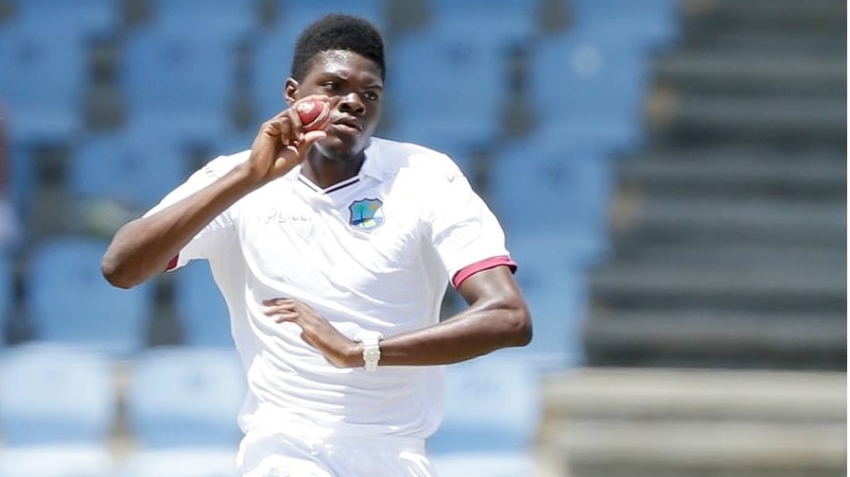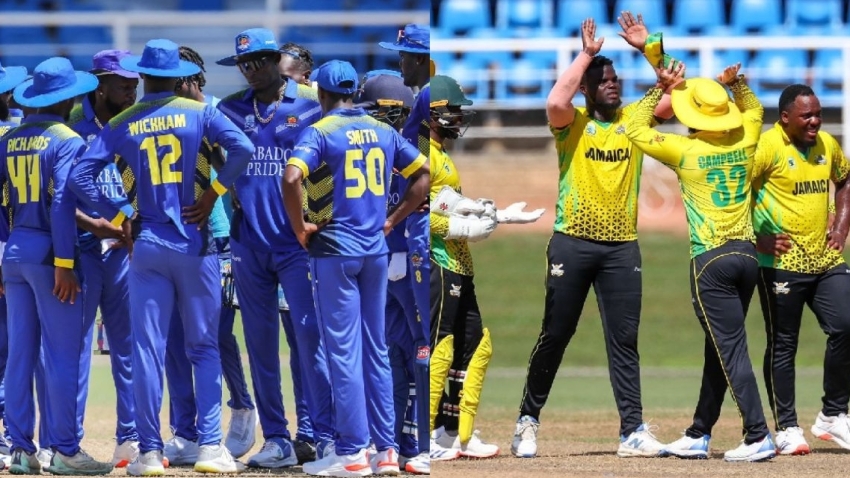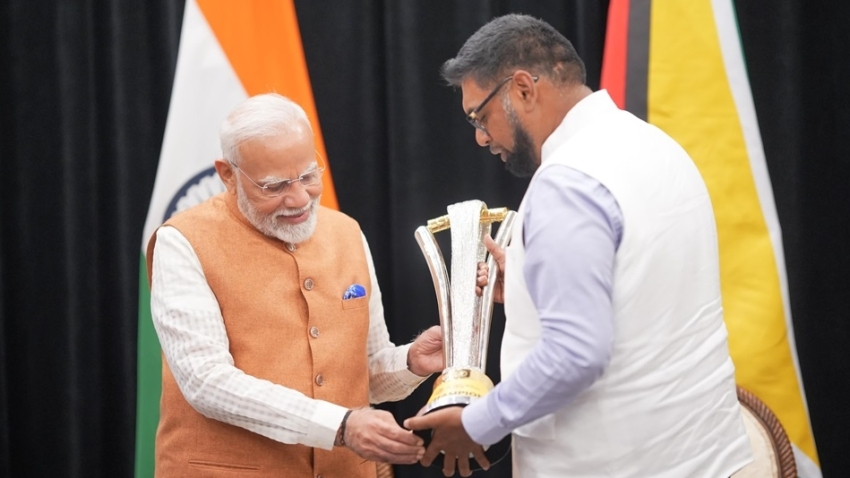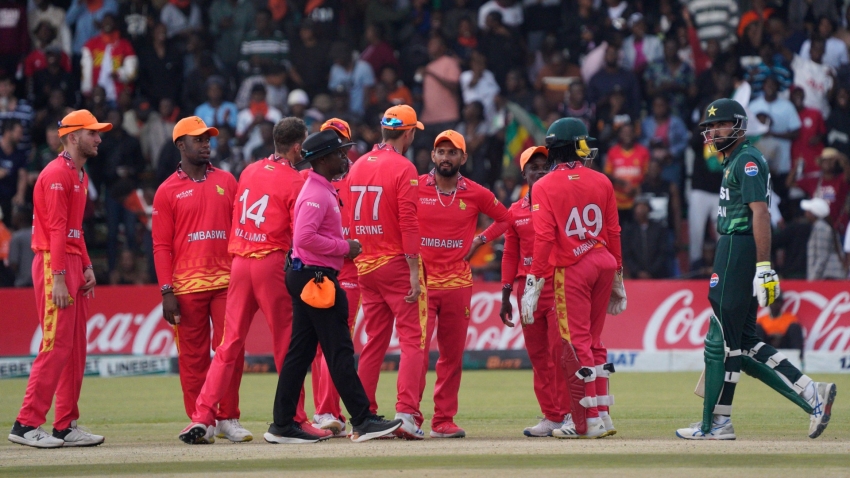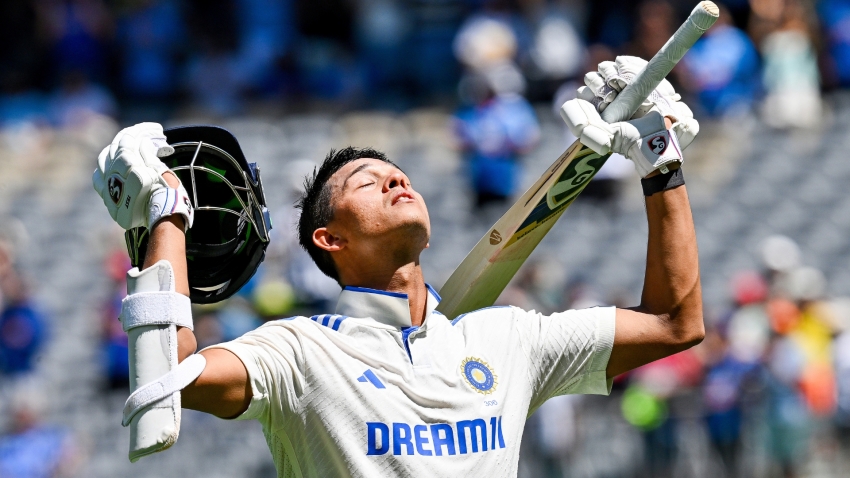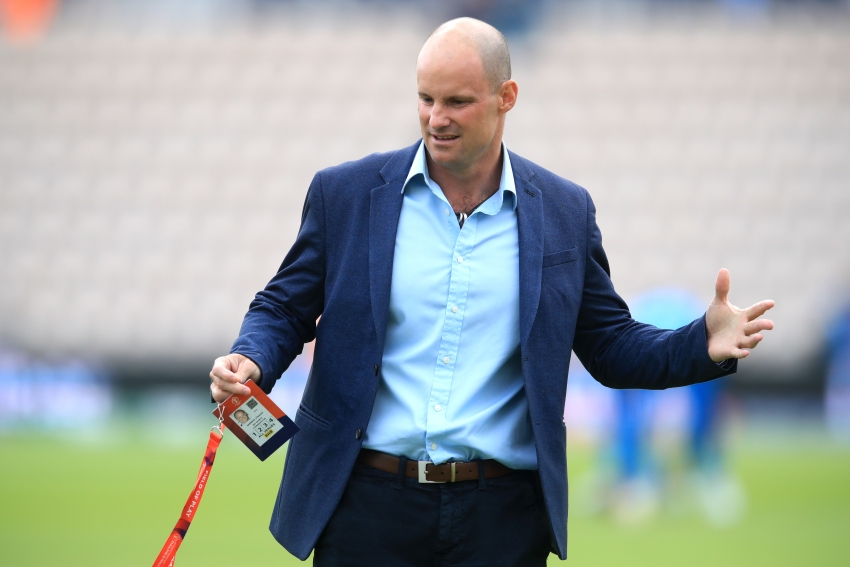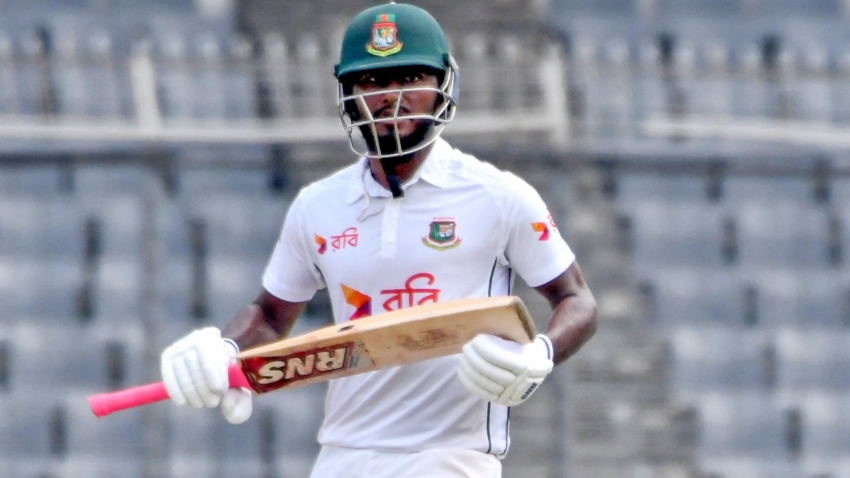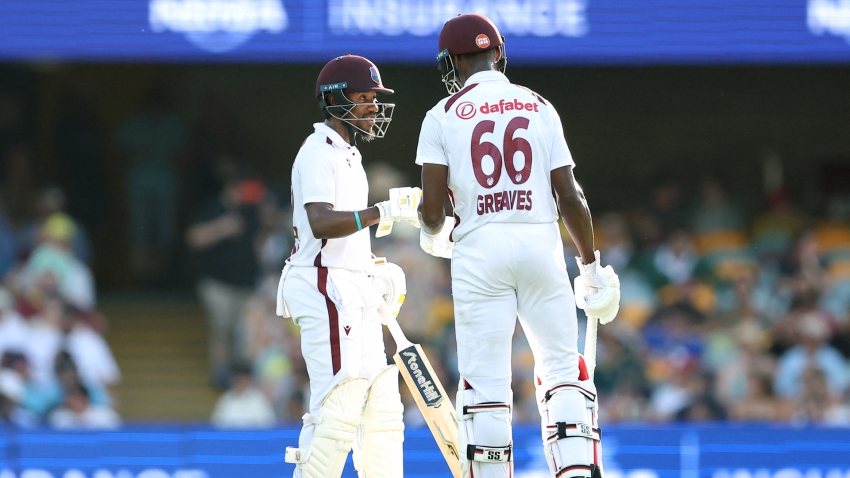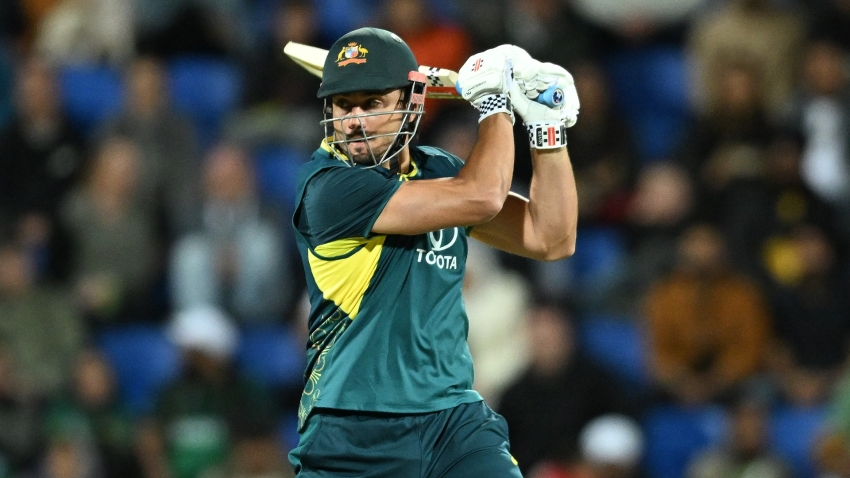Sir Andrew Strauss has described the damning report into discrimination in cricket as an “awakening” for the sport and urged those in power to offer more than “lip service” in response.
The long-awaited Independent Commission for Equity in Cricket report found racism was entrenched in the sport, that women routinely encountered sexism and misogyny and that little or no action has been taken to address class barriers within the sport.
The ICEC report describes the sport in England and Wales as “elitist and exclusionary”.
Strauss has spent much of his career in influential positions at the England and Wales Cricket Board, from England captain, to director of men’s cricket and latterly strategic adviser to the board, but left the organisation earlier this year.
“This is a real time of awakening for the game of cricket,” he said at an event for the Ruth Strauss Foundation.
“You have to move forward as a sport. The clear takeaway is the game has to do better, has to move forward and not be defensive.
“We have to make sure anyone who wants to play cricket feels included, welcomed and appreciated. If we get to that stage the game of cricket will be in a much healthier place.
“I was lucky enough to play in inclusive teams and I know how powerful that can be.
“What the report is obviously showing is we haven’t done well enough traditionally.
“It’s an important moment for the game to embrace this, learn the lesson, don’t pay lip service to it and make sure what we see at the back end is actually change.”
The ECB issued an unreserved apology for the failings highlighted in the report and to the victims of discrimination in cricket, and will work over the next three months on a package of reforms based on the 44 recommendations within the report.
Richard Gould, the ECB chief executive, said: “It is an existential issue for the sport. This is a report that the ECB specifically asked for two-and-a-half years ago, and deliberately did not set narrow parameters.
“This report is a seminal moment for us. It helps us to fully understand the scope of the issues within the game, it allows us to understand the apologies that we quite rightly make to those people that suffered discrimination.
“We are determined to be able to act on this report and deliver on its intent in the coming months.
“This report will contain lots of information which will come as a shock to many and many people will be disappointed by. But there’s also a huge amount of determination throughout the game, throughout the country, to make sure that cricket can deliver and in only a way that cricket can.”
The ICEC report highlighted past, failed efforts to act on discrimination in the sport.
It said the ECB’s efforts to address the challenges of equity, diversity and inclusion in cricket only gained real momentum following the introduction of its independent board in 2018, nearly 19 years after the 1999 ‘Clean Bowl Racism’ report concluded that racism existed in the sport.
Asked why the response would be different this time to 1999, Gould said: “You’re quite right to allude to a report previously, which was not acted on in a sufficient manner. Determination (to get it right this time) is huge.
“And I think that the quality of work that’s gone into this report will help us to find the right routes through and we expect to be held to account as we go forward.”
Dame Caroline Dinenage MP, chair of the House of Commons’ Culture, Media and Sport Committee, said: “Today’s report confirms the Culture, Media and Sport Committee’s finding 18 months ago that there is a deep-seated issue of racism in cricket.
“The volume of evidence, not only of racial discrimination but also of sexism and elitism, is unacceptable in a sport that should be for everyone, and must now be a catalyst for change.
“The test now for the new leadership of the ECB is to ensure the whole sport is a welcome and inclusive place for all. We welcome their recognition of the need to reset, and look forward to making sure they follow through on their commitments.”















